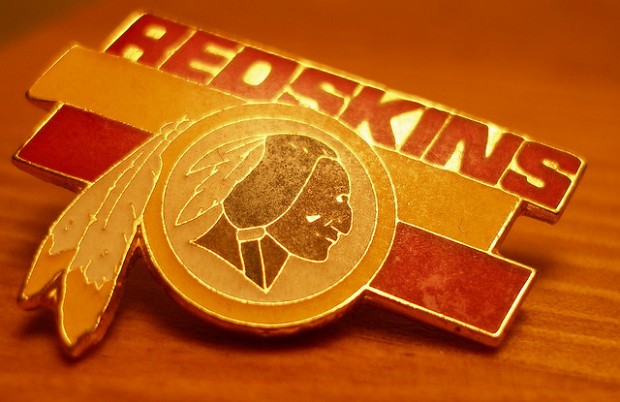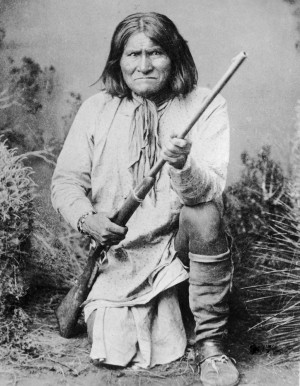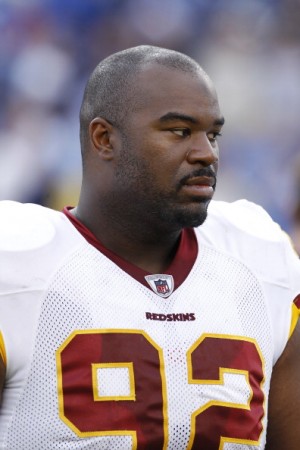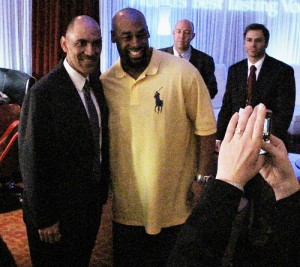Race has increasingly become part of the story in the buzz around the first Asian American NBA starter, Jeremy Lin of the New York Knicks. Last week, a headline writer at ESPN was fired for publishing the headline “Chink in the armor” following a Knicks’ loss. The discussions and outrage surrounding the offensiveness of the phrase have led some in the D.C. area to revive an old question: is the name of Washington’s football team, the Redskins, racist?
Local newscaster Jim Vance offered his commentary during an NBC4 telecast, calling for greater attention and dialogue to the appropriateness of the team name. He states, “I don’t know if it should or not be changed, but I’d sure rather not be cussed out for raising the question.”
View more videos at: http://nbcwashington.com.
But despite such calls, there’s little impetus to change Washington’s franchise name. In 2009, the U.S. Supreme Court declined to hear a case brought by Native American activists who wanted the team name changed. And the Redskins team is one of the most profitable in the country, so there’s a lot of brand value attached to the team name.






